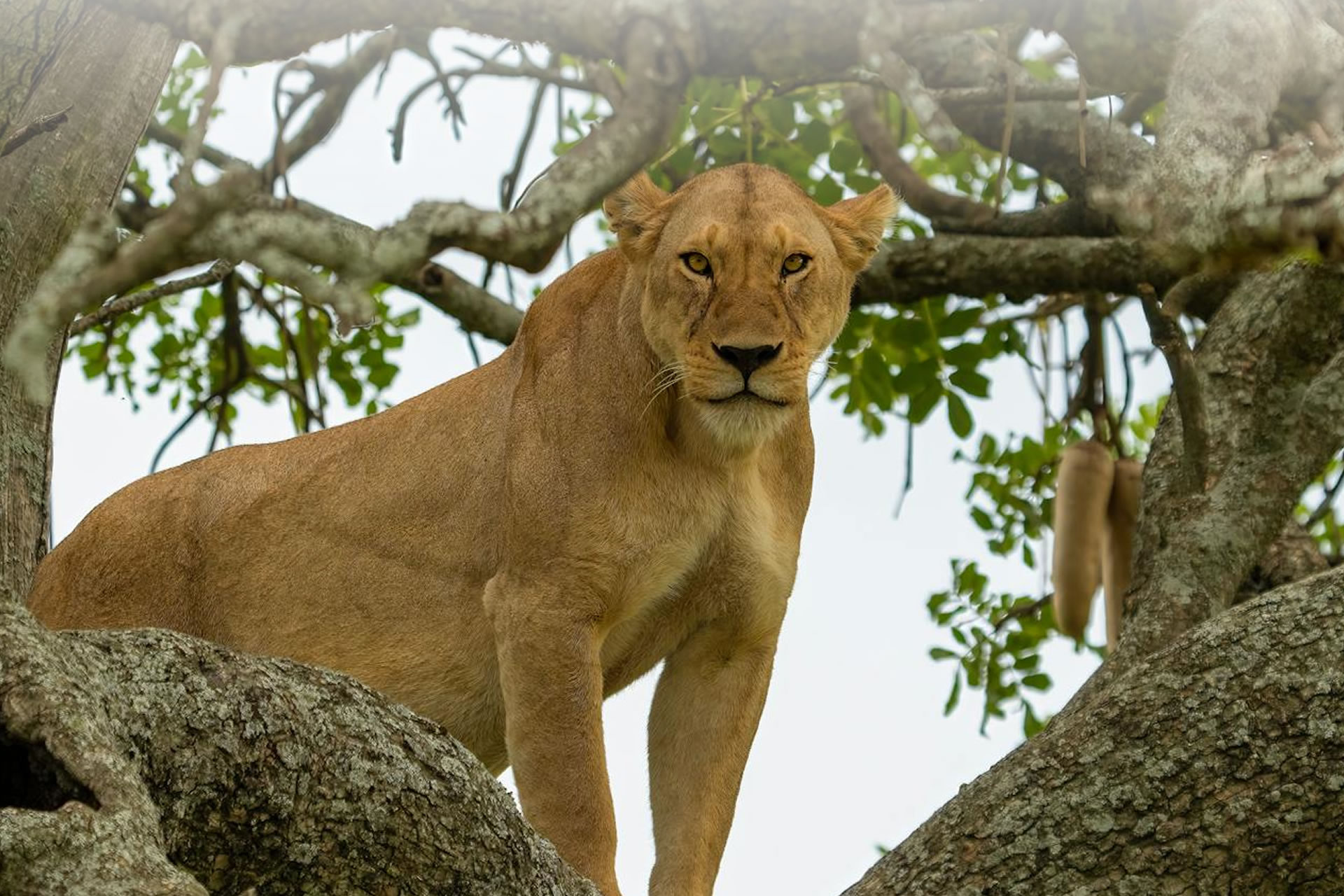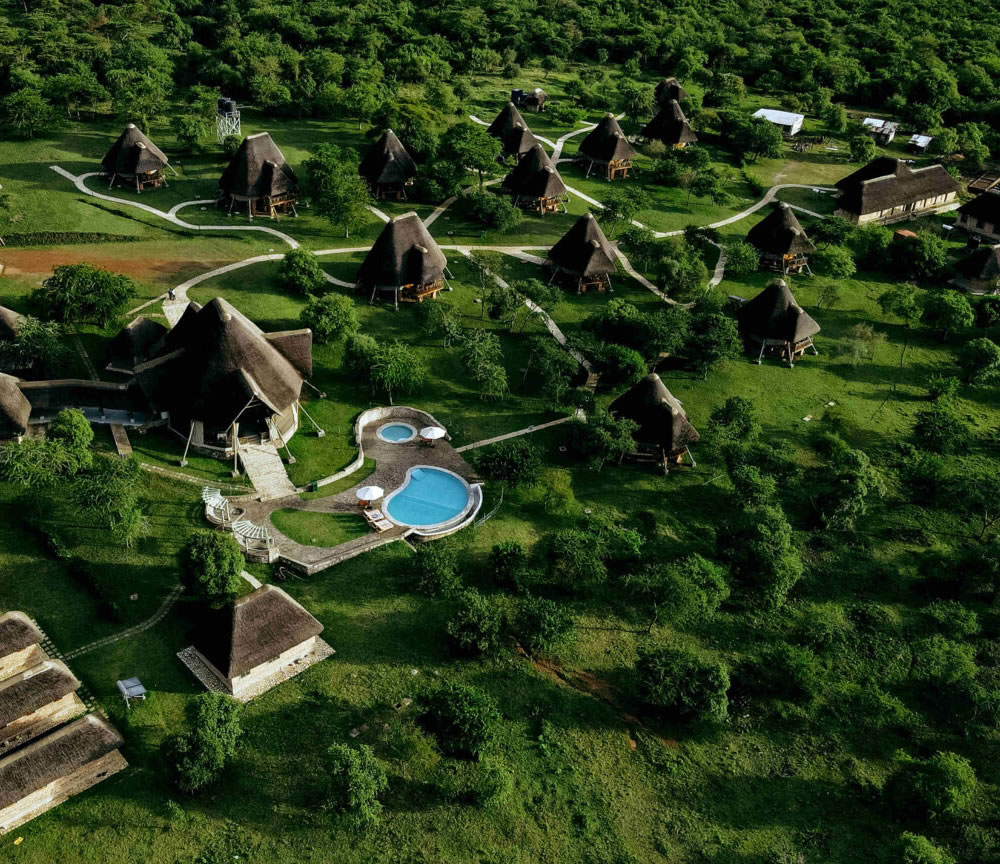Tourism as a Catalyst for Growth
Tourism Development & Sustainability
At Lukhwells, we understand the transformative power of tourism. Tourism creates jobs, promotes social integration, and fosters regional cohesion. It is intricately linked with other economic sectors, as tourism services rely on products from industries like transport, hospitality, and entertainment. Our services cater to all facets of the tourism industry, including transportation services (airlines, cruise ships), hospitality (hotels, resorts), entertainment venues (amusement parks, golf courses), and tour operators.


